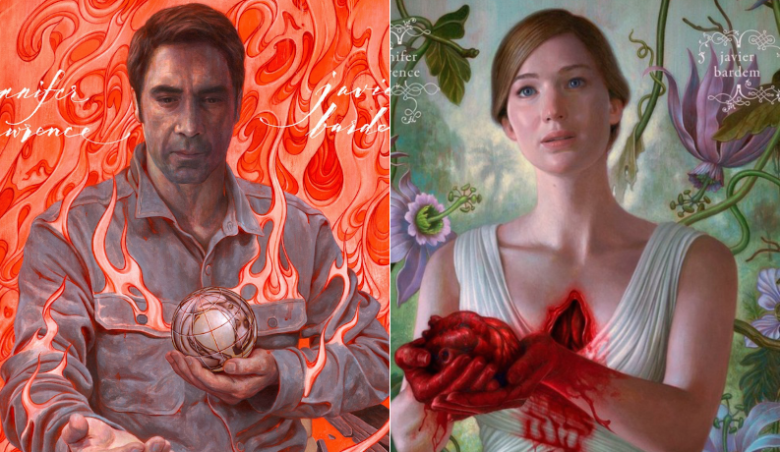 [Part 2: mother! Explained, Heavy Spoilers]
[Part 2: mother! Explained, Heavy Spoilers]
There are two main theories on Darren Aronofsky’s provocative mother!:
- It’s a film about environmentalism. Jennifer Lawrence is Gaia / the Earth Mother / the Spirit of the Earth. The house is Earth. The people who assail the house, invited in by Javier Bardem (“Him” on the credits, but I’ll just call him “the Poet” or “God”), represent humanity and its destructive effect on the planet.
- It’s a film about the events of the Bible. Ed Harris is Adam / Man (complete with the fresh wound of a missing rib), Michelle Pfeiffer is Eve / Woman, the smashing of God’s precious glass curio by the Woman represents the Fall, the couple’s sons are Cain and Abel, Cain murders Abel, a flood temporarily wipes out humanity from the Earth, Jesus Christ is born then murdered with the people of earth ritually partaking of his body, and the Apocalypse wipes out the earth.
It’s clear that the filmmakers intended some version of each of these interpretations, but they don’t entirely blend well together at first. How is Earth the mother of Jesus Christ? And who is Jennifer Lawrence’s character in the biblical events? Michael J. Knowles of Daily Wire suggests that Jennifer Lawrence isn’t Mother Earth, but a sympathetic Satan whose negative perceptions of God as a generous but egotistic maniac can be attributed to unreliable narration.
Which is interesting, but 100% wrong. The film tells us exactly who Satan is when Lawrence finds the ripped-up picture of her husband on the floor, horns and demon eyes drawn onto it. See also the flames that encompass Bardem on the movie poster (above). In this movie, God and Satan are one and the same.
The key to understanding mother! and winding these two narratives together is to remember that there isn’t just one Mother in the film. There are three.
And all three of them are deities, as is the Poet.
Mother #1
Mother #1 is seen in human form briefly at the beginning of the film, burning up with tears in her eyes as she completes the anthropomorphic part of her life cycle. She was, prior to her first death, Heavenly Mother, the companion of Heavenly Father. Upon her death, God removes the crystal of her heart and uses the last remnants of her power to restore the house from ashes, creating her daughter and successor (Jennifer Lawrence, Mother #2) in the process.
And then she disappears from the film, right?
Wrong. She’s there for most of the movie! She is, from that point on, Mother Earth, and her essence remains in the house, her heart still beating. We see her heart grow blacker and blacker as humanity damages the house. The Poet mourns Eve’s destruction of her crystal because it is the start of “the Fall,” Mother Earth’s deterioration, and the Poet did have feelings for Mother #1, in his narcissistic way.
Mother #2
Jennifer Lawrence is Mother #2, the main character of the film and Heavenly Mother for most of it. She is a deity, but a lesser one than the Poet, which explains the age difference between them as she is a brand new deity while he has always been. Cross-reference the female person of Wisdom in Proverbs 8:
“Does not wisdom call out? Does not understanding raise her voice? . . . Listen, for I have trustworthy things to say; I open my lips to speak what is right. . . . The Lord brought me forth as the first of his works . . . then I was the craftsman constantly at his side.” [1]
Mother #2 is truly a craftsman, rebuilding the house after the fire. She is drawn to her nurture and care of the house because she can hear in its walls the dying remnants of female deity, the heartbeat of her own mother. She is also the only person in the film who does not behave in absurd and insane ways, hence her wisdom.
The fact that she is both the daughter of Mother #1 and the new wife of the Poet may explain his reluctance to sleep with her. (Hey, don’t look at me, patriarchy is icky.)
The Relationship Between Heavenly Mother and Heavenly Father
Much of the conflict in the film comes from the way that the Poet treats Mother #2. She seems to believe that she is living in a marriage of mutuality in spite of the age and power difference between herself and the Poet, while the Poet can best be described as a “chicken patriarch.” He never tells Mother #2 to her face that he’s in charge. He listens politely to her pleas and entreaties with a smile on his face, then ignores her, subverting her will at every turn. With just one exception, every single request that Mother #2 makes of the Poet and his Children (humanity) is ignored, overruled, or disobeyed. EVERY. SINGLE. ONE.
This was the most exhausting and emotional part of the film for me, this extended metaphor of what life is like in a quietly abusive relationship. People who have never lived through it. Just. Don’t. Get. It. Any one incident that you can list will be mocked as trivial; they don’t understand what it is for your dignity to die by a thousand paper cuts. mother! hammers this in again and again and—apart from the one time in the middle of the movie when Mother #2 gets her way—never lets up. Each new refusal to listen, each rejection of Mother’s desires with a condescending smile, it all combines to pull you in to the exhaustion that is living like this. It was the best part of the movie for me, and simultaneously, the worst.
In the Bible, it was God who destroyed almost all of humanity with a flood, granting temporary reprieve to a besieged planet. In mother!, it is Goddess who does the same. (Or rather, the humans start the flood through their own stupidity, and the wrath of the Goddess scares them away.) Cornering the Poet in the reprieve of the Flood, Heavenly Mother asserts that she is a person with a will and desires, who matters. She challenges the Poet on his refusal to sleep with her, achieving mutuality and making him vulnerable to her. It is the only time in film when she actually gets what she wants, and the result is the birth of her only son.
Though Mother #2 clearly has less power than the Poet, it is apparent that she has some degree of power. The Poet is unable to take the child from her so long as she holds onto him and remains conscious. The scene of the birth and confrontation with the Poet in the bedroom is from this passage in Revelation:
A great sign appeared in heaven: a woman clothed with the sun, with the moon under her feet and a crown of twelve stars on her head. She was pregnant and cried out in pain as she was about to give birth. Then another sign appeared in heaven: an enormous red dragon with seven heads and ten horns and seven crowns on its heads. Its tail swept a third of the stars out of the sky and flung them to the earth. The dragon stood in front of the woman who was about to give birth, so that it might devour her child the moment he was born. She gave birth to a son, a male child, who “will rule all the nations with an iron scepter.” And her child was snatched up to God and to his throne. (Revelation 12:1-5)
Only in mother!, the Dragon and God are one and the same. The Poet crouches eagerly in front of her, waiting to snatch up the child so his followers may devour it. Mother’s proclamation to him as her protection wanes, that “I am his mother,” is her proudest and most defiant in the film.
The Relationship Between Heavenly Mother and Humanity
Mother #2 and the Poet have very, very different views on humanity. He loves them because they adore him and fuel his narcissism, and they play their part in heaping glory and praise on him. But towards Mother, they are snotty, spoiled, and wholly entitled. They respect neither her boundaries nor her commands, often disobeying her with a grin on their faces, and they express no gratitude for her quiet service on their behalf. Worse, they disrespect the house—her own mother—and murder her precious son. The Poet wants to share everything with them, from his wife to his child to his house, and is willing to allow them to disrepect all three so long as they praise him. Mother isn’t actually unwilling to abide them; she just wants boundaries and respect.
Mother’s final conscious act is to set fire to the house, causing her own first death and wiping out the Poet’s precious humanity. She confronts her husband’s narcissism: “You never loved me, you just loved that I loved you.”
The Poet asks for one final gift, her love, and retrieves the crystal of her heart from the chest. As he places the crystal in its setting, he releases its power into one final creative act. Her son having been denied to her, she now has a daughter–Mother # 3–and the house has been restored with a new beating heart. There is a new heaven(ly mother) and a new earth.
Mother #3
Seen briefly at the end of the film, laying on the bed where we first encountered Mother #2, the world around her turning from ashes to life by the power of Mother #2. Now she is Heavenly Mother and Mother #2 is Mother Earth.
Conclusion
The environmentalist and biblical themes actually harmonize quite well once one acknowledges and accounts for the cycle of female deity within the film.
Christians have debated whether the film is anti-Christian or pro-Christian. Given that its God is a raging narcissist who doubles as Satan, I see it as more anti-Christian than anything else. But in fairness to the film, some Christians (particularly new Calvinists) do tend to portray God in this light. It’s a thoughtful anti-Christian film, at least. And perhaps, rather than merely hating the film for how its creators view our God, the correct response for us as Christians is to confess the one true God and make His person and character known to the world.
———————————–
[1] I believe Wisdom in Proverbs 8 is actually a representation of Jesus Christ. I have written about this here.
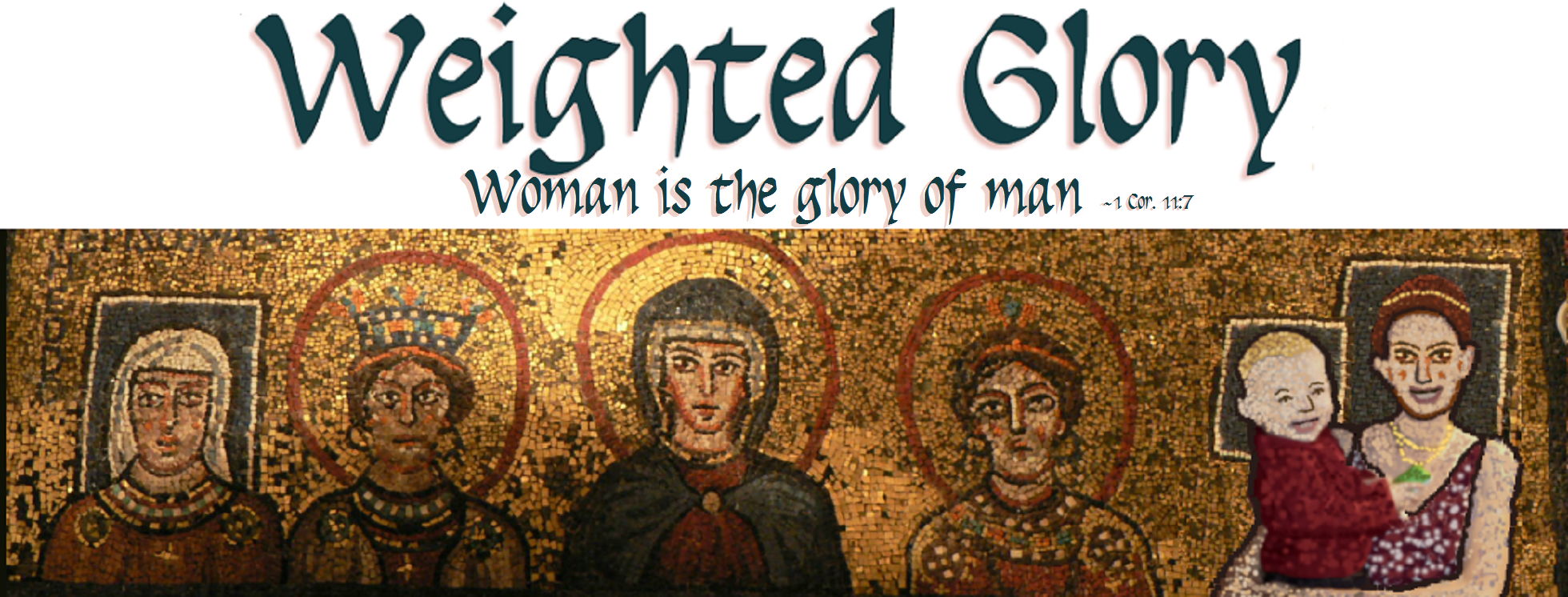
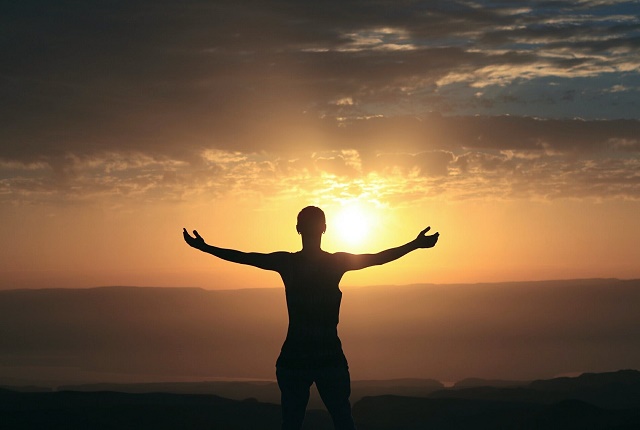
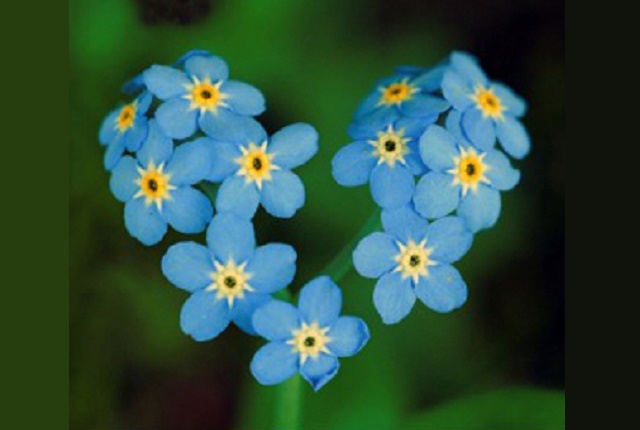
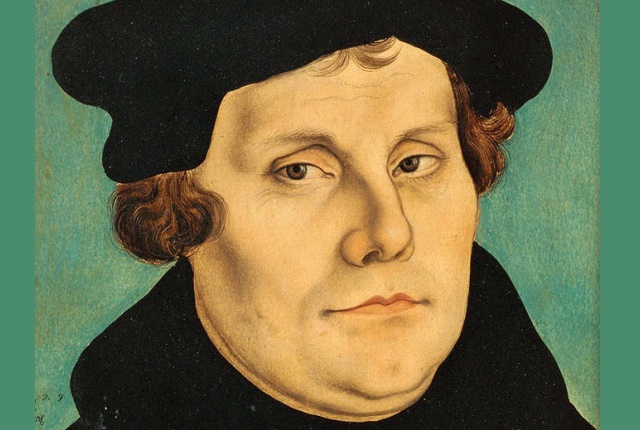
Didn’t you realize that “Mother!” refers to thelemite Mother of Abominations? You can google it 🙂
Considering that Thelema is maybe the most common “religion” of Hollywood stars…